Which team will be the "Dark Horse" in World Cup 2022?
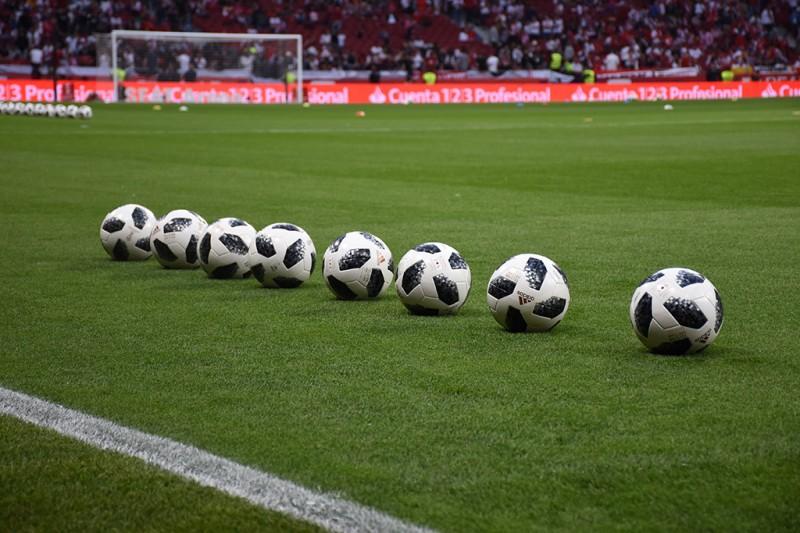
Every tournament usually sees at least one perform overachieve. Who will be the team to do that at the 2022 World Cup in Qatar? We run you through some options.
1 year ago
Croatia's incredible 2018 FIFA World Cup run is still fresh in many supporters' memories. Croatia reached the final after winning Group D with a perfect 3-0-0 win-draw-loss record, which saw Argentina finish second. After a 1-1 deadlock in regulation and extra time, the Blazers overcame Denmark 3-2 in a penalty shootout in the Round of 16. Then, in the quarterfinals, they upset Russia, which had previously eliminated Spain, 4-3 in a penalty shootout after the game was drawn 2-2.
Croatia's most spectacular elimination occurred in the semifinals when it defeated England 2-1 with Mario Mandukic's 109th-minute goal. However, Croatia was defeated 4-2 by France in the final, marking its highest result in the quadrennial competition. With the World Cup hot with hype even in Qatar World Cup Odds, are there any other nations in line for a dark horse run comparable to Croatia's when the 2022 FIFA World Cup gets underway in Qatar? Let's start with the squads.
When it comes to possible dark horses, two European countries stand out. The first is Serbia. The country hasn't moved past the group stage since 1998 (didn't qualify in 2002 or 2014), but the 2022 team appears to be good on paper. You need goals to win, and they have that talent up front with Duan Vlahovic (Juventus), Aleksandar Mitrovi (Fulham), and Luka Jovi (Fiorentina) as No. 9 alternatives, as well as Duan Tadi (Ajax) acting behind the strikers.
Uruguay, while not strictly a dark horse due to its previous international heritage, has a well-balanced side that will be difficult to overcome. The goalkeeper is Fernando Muslera (Galatasaray), while the main defenders are Diego Godin (Velez Sarsfield), Ronald Araujo (Barcelona), and José Maria Giménez (Atletico Madrid). In the midfield, they have Federico Valverde (Real Madrid), Rodrigo Bentancur (Tottenham), Lucas Torreira (Galatasaray), and Nicolás de la Cruz (River Plate), all of whom can play both offensively and defensively.
Then there's the goal scoring power of three world-class attackers up top. Luis Suárez (Nacional), Darwin Nunez (Liverpool), and Edinson Cavani (Villareal) are a fantastic trio to have, with Facundo Torres (Orlando City) seeking to break out on the international scene following a strong 2022 campaign. Uruguay is in Group H, which also includes Portugal, Ghana, and South Korea.
Group H features another dark horse. Along with Uruguay, Ghana has several fascinating players who might challenge for second place if Portugal falters. The Ayew brothers, André (Al Sadd) and Jordan (Crystal Palace) will also play crucial roles on the flanks, with Thomas Partey (Arsenal) at the heart of their build-up play. Iñaki Williams (Athletic Club) just moved his national team allegiance from Spain to Ghana - he was entitled to do so because he had no senior caps with Spain - and will play an important role as the striker. Look for Mohammed Kudus (Ajax) and Kamaldeen Sulemana (Stade Rennais) to break out, with Kudus already doing so this season in the UEFA Champions League group stage.
African nations struggled to advance in 2018, with none of the five teams making it out of their respective groups. However, two nations in 2022 might be dark horses, with Senegal coming in first despite finishing third in the group in 2018. On paper, the 2021 African Cup of Nations champions have a strong squad, led by Bayern Munich star Sadio Mané, who will compete despite a late injury scare.
Denmark is the other big European darkhorse prospect. Whereas Serbia boasts top-tier talent, Denmark has depth at practically every position. Andreas Christensen (Barcelona) and Simon Kjaer (AC Milan) are the starters, with backups Joachim Andersen (Crystal Palace) and Jannik Vestergaard (Leicester City). Fullback choices include Joakim Maehle (Atalanta), Rasmus Kristensen (Leeds United), Alexander Bah (Benfica), and Daniel Wass (Brondby).
Croatia's most spectacular elimination occurred in the semifinals when it defeated England 2-1 with Mario Mandukic's 109th-minute goal. However, Croatia was defeated 4-2 by France in the final, marking its highest result in the quadrennial competition. With the World Cup hot with hype even in Qatar World Cup Odds, are there any other nations in line for a dark horse run comparable to Croatia's when the 2022 FIFA World Cup gets underway in Qatar? Let's start with the squads.
When it comes to possible dark horses, two European countries stand out. The first is Serbia. The country hasn't moved past the group stage since 1998 (didn't qualify in 2002 or 2014), but the 2022 team appears to be good on paper. You need goals to win, and they have that talent up front with Duan Vlahovic (Juventus), Aleksandar Mitrovi (Fulham), and Luka Jovi (Fiorentina) as No. 9 alternatives, as well as Duan Tadi (Ajax) acting behind the strikers.
Uruguay, while not strictly a dark horse due to its previous international heritage, has a well-balanced side that will be difficult to overcome. The goalkeeper is Fernando Muslera (Galatasaray), while the main defenders are Diego Godin (Velez Sarsfield), Ronald Araujo (Barcelona), and José Maria Giménez (Atletico Madrid). In the midfield, they have Federico Valverde (Real Madrid), Rodrigo Bentancur (Tottenham), Lucas Torreira (Galatasaray), and Nicolás de la Cruz (River Plate), all of whom can play both offensively and defensively.
Then there's the goal scoring power of three world-class attackers up top. Luis Suárez (Nacional), Darwin Nunez (Liverpool), and Edinson Cavani (Villareal) are a fantastic trio to have, with Facundo Torres (Orlando City) seeking to break out on the international scene following a strong 2022 campaign. Uruguay is in Group H, which also includes Portugal, Ghana, and South Korea.
Group H features another dark horse. Along with Uruguay, Ghana has several fascinating players who might challenge for second place if Portugal falters. The Ayew brothers, André (Al Sadd) and Jordan (Crystal Palace) will also play crucial roles on the flanks, with Thomas Partey (Arsenal) at the heart of their build-up play. Iñaki Williams (Athletic Club) just moved his national team allegiance from Spain to Ghana - he was entitled to do so because he had no senior caps with Spain - and will play an important role as the striker. Look for Mohammed Kudus (Ajax) and Kamaldeen Sulemana (Stade Rennais) to break out, with Kudus already doing so this season in the UEFA Champions League group stage.
African nations struggled to advance in 2018, with none of the five teams making it out of their respective groups. However, two nations in 2022 might be dark horses, with Senegal coming in first despite finishing third in the group in 2018. On paper, the 2021 African Cup of Nations champions have a strong squad, led by Bayern Munich star Sadio Mané, who will compete despite a late injury scare.
Denmark is the other big European darkhorse prospect. Whereas Serbia boasts top-tier talent, Denmark has depth at practically every position. Andreas Christensen (Barcelona) and Simon Kjaer (AC Milan) are the starters, with backups Joachim Andersen (Crystal Palace) and Jannik Vestergaard (Leicester City). Fullback choices include Joakim Maehle (Atalanta), Rasmus Kristensen (Leeds United), Alexander Bah (Benfica), and Daniel Wass (Brondby).

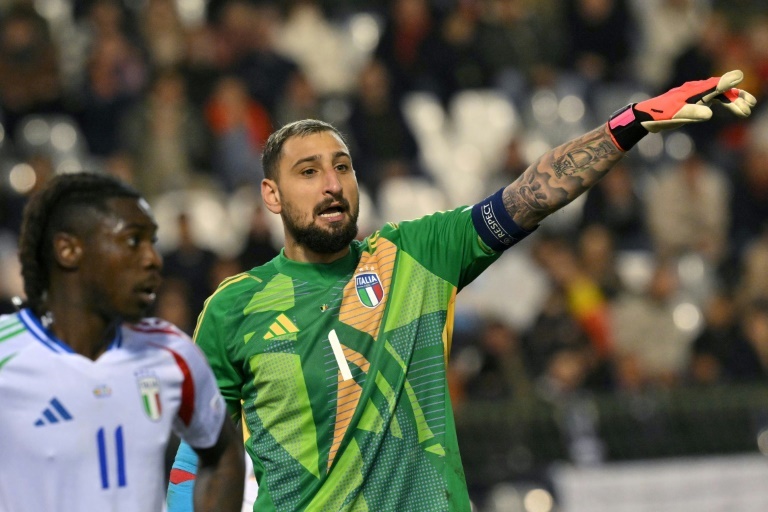
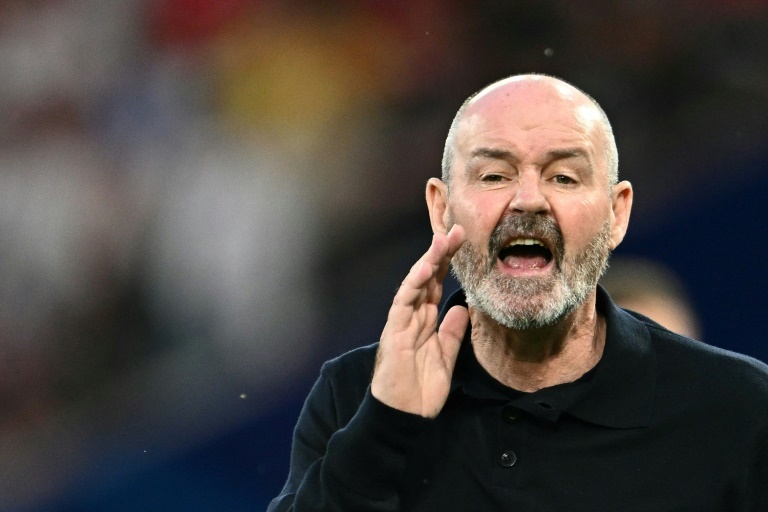
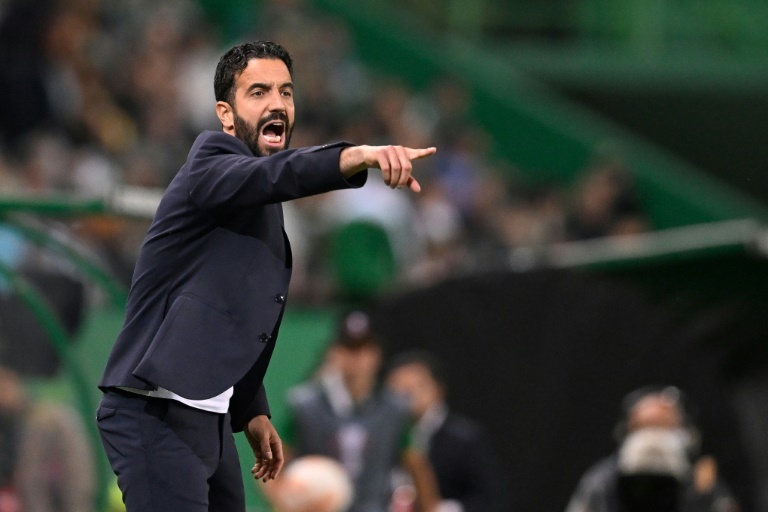
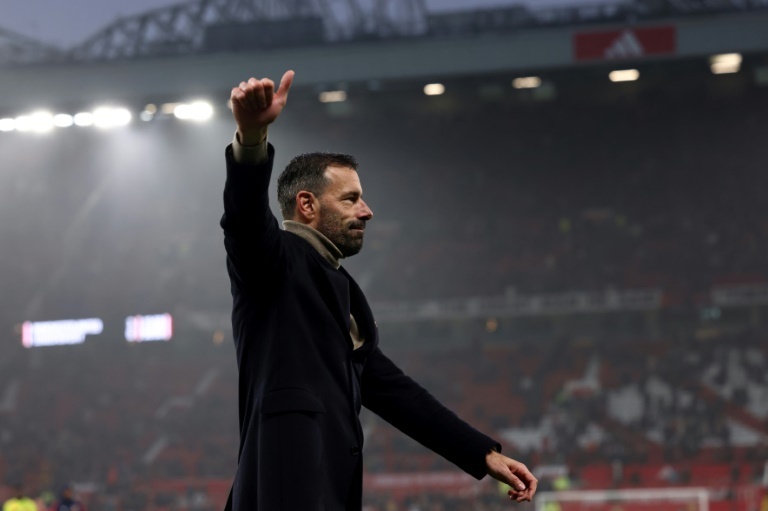
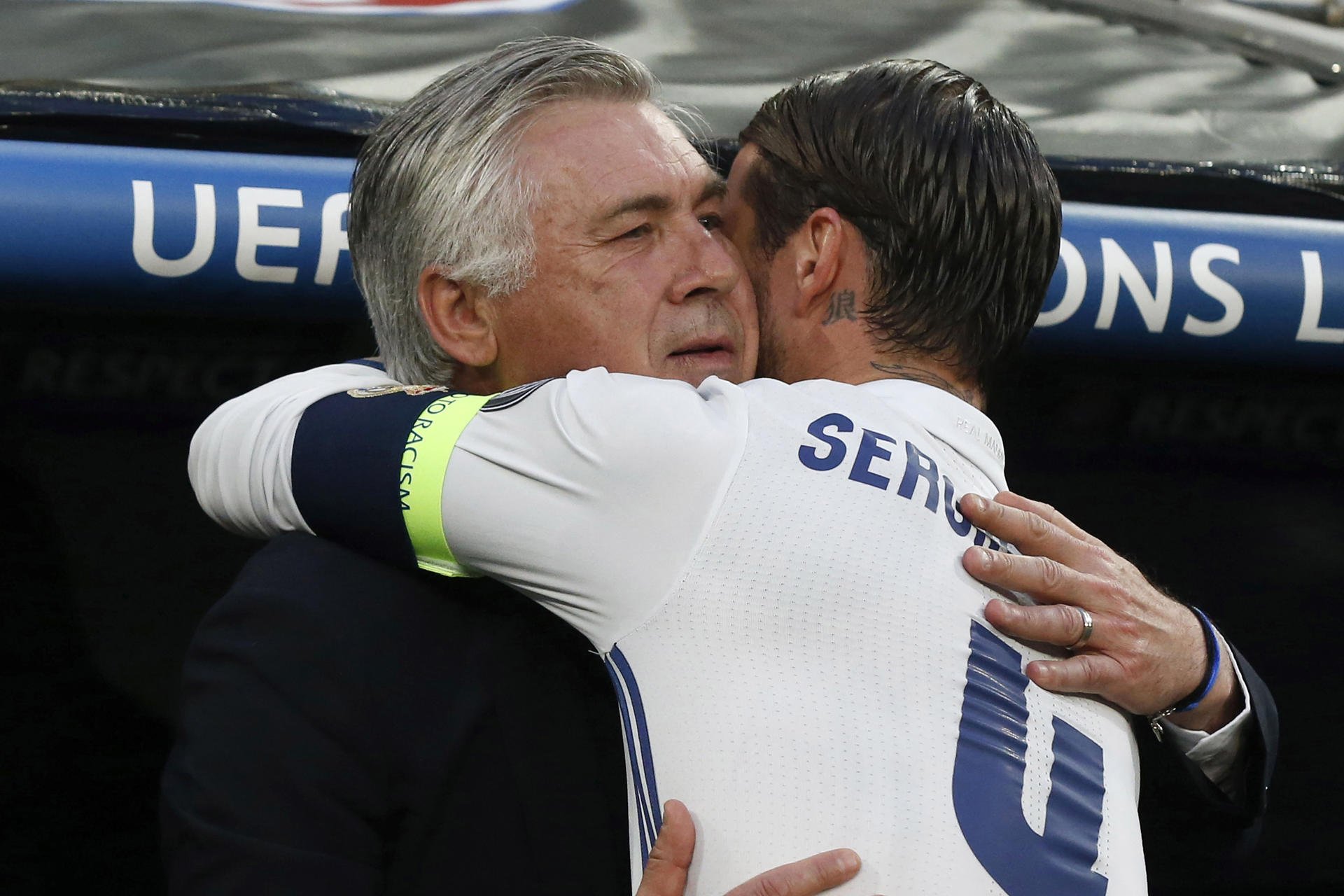
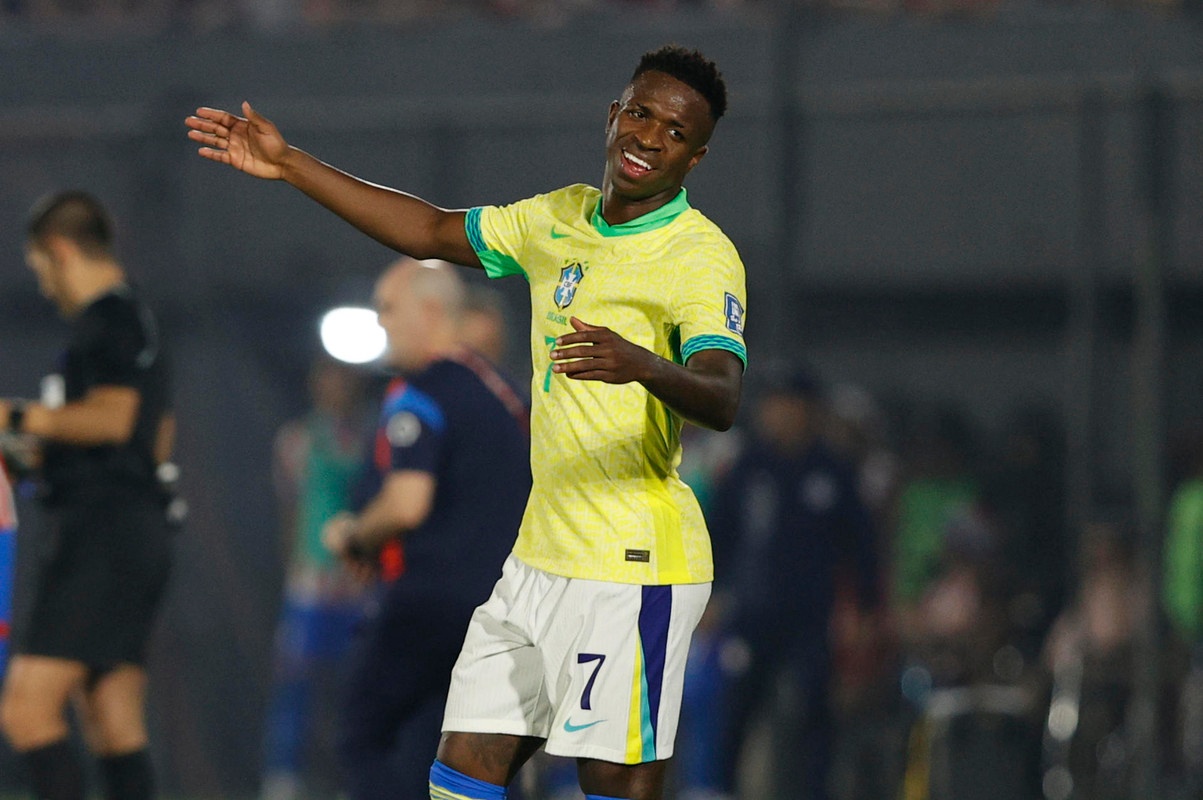
Comments